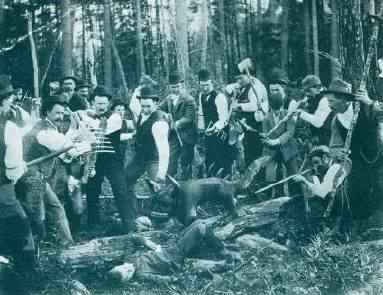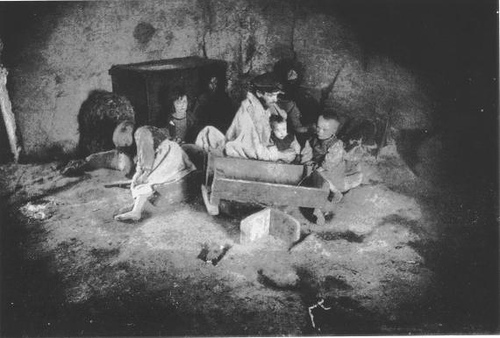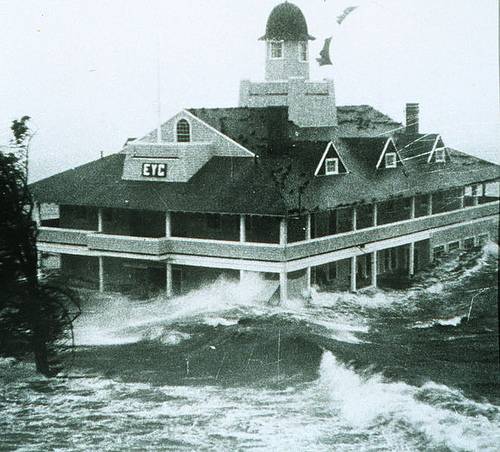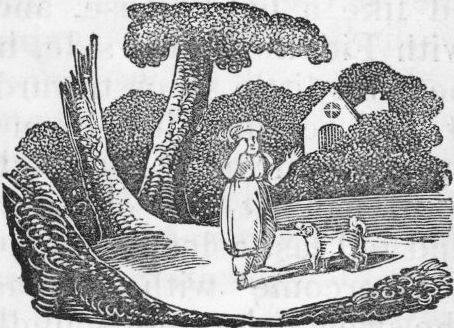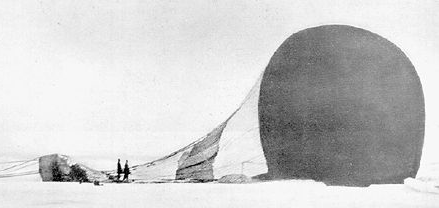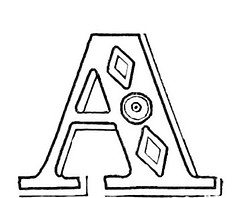
A is an Abolitionist —
A man who wants to free
The wretched slave — and give to all
An equal liberty.
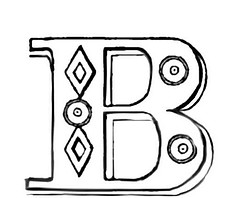
B is a Brother with a skin
Of somewhat darker hue,
But in our Heavenly Father’s sight,
He is as dear as you.
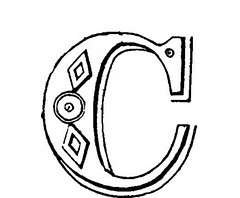
C is the Cotton-field, to which
This injured brother’s driven,
When, as the white-man’s slave, he toils,
From early morn till even.
— From The Anti-Slavery Alphabet, a children’s book printed for an anti-slavery fair, 1847

